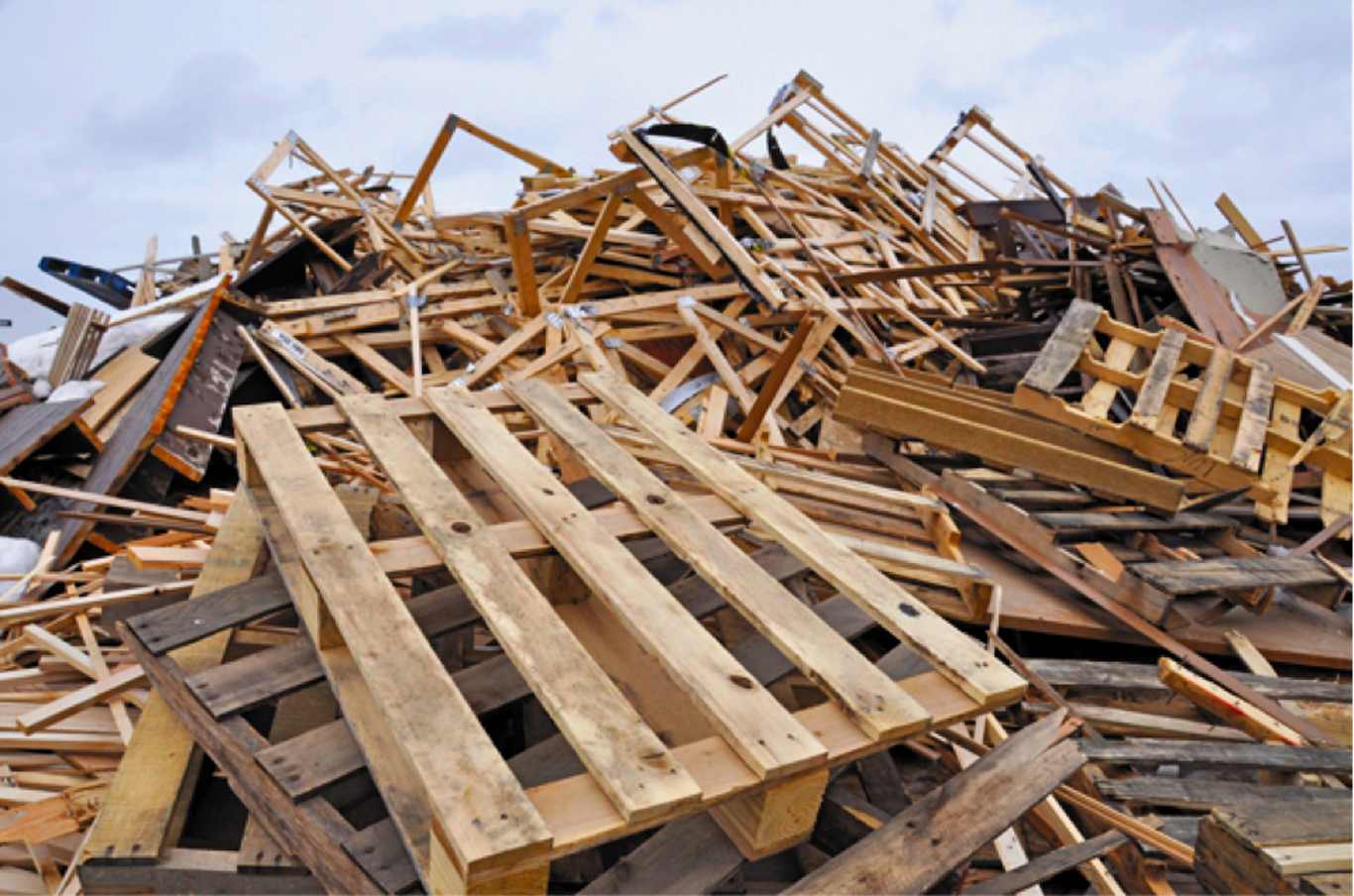Tony Jones

008: Reversing a Noticeable Trend in Versioning
Upon completing Towers for a Construction Site Gallery, I became fascinated by the concept of depreciation and obsolescence. Over the course of my lifetime, structures, goods, and objects have become increasingly disposable. When I was young, my grandfather would frequently refer to the value of a well-made product. His reflections left an indispensable influence upon my memory. During my grandfather’s time, the longevity of a product - a car, a home, an appliance - was measured by its durability. Versioning, or the replacement of a product with an updated model, was not a desirable commodity. A product that changed too much was, by design, not a wise investment.
This viewpoint is in great contrast to the demeanor of present day society. In almost all situations, a new and improved version of a product is exclusively desired. Even more troubling, older and long lasting products are generally viewed with skepticism. I attribute this predicament to a culture of versioning that is entrenched within modern society. Almost immediately, we prescribe a year, model number, and a value to current products. In short, we are perpetually anticipating version 2.0. This creates a noticeable conditioning within present-day consumers. Indeed, we become accustomed to only acquiring new objects. We lose our appreciation for the quality of the past.
In order to underscore this concept I decided to quickly destroy several of the pallet structures that were created during Towers for a Construction Site Gallery. I did not destroy all of them, however, I did intend for the viewer to experience destruction within the temporal span of newness. The structures would be destroyed after a 24-hour viewing period and the remains would occupy the same space as the pallet tower gallery.
This gesture attempted to make a very specific and intentional statement about quality in relation to versioning. I’m afraid that if we continue at the present pace, we will arrive at a society that is fully disposable. It will be a culture that lacks a concept of quality. Value will only be represented through what will be, rather than what is.
Upon completing Towers for a Construction Site Gallery, I became fascinated by the concept of depreciation and obsolescence. Over the course of my lifetime, structures, goods, and objects have become increasingly disposable. When I was young, my grandfather would frequently refer to the value of a well-made product. His reflections left an indispensable influence upon my memory. During my grandfather’s time, the longevity of a product - a car, a home, an appliance - was measured by its durability. Versioning, or the replacement of a product with an updated model, was not a desirable commodity. A product that changed too much was, by design, not a wise investment.
This viewpoint is in great contrast to the demeanor of present day society. In almost all situations, a new and improved version of a product is exclusively desired. Even more troubling, older and long lasting products are generally viewed with skepticism. I attribute this predicament to a culture of versioning that is entrenched within modern society. Almost immediately, we prescribe a year, model number, and a value to current products. In short, we are perpetually anticipating version 2.0. This creates a noticeable conditioning within present-day consumers. Indeed, we become accustomed to only acquiring new objects. We lose our appreciation for the quality of the past.
In order to underscore this concept I decided to quickly destroy several of the pallet structures that were created during Towers for a Construction Site Gallery. I did not destroy all of them, however, I did intend for the viewer to experience destruction within the temporal span of newness. The structures would be destroyed after a 24-hour viewing period and the remains would occupy the same space as the pallet tower gallery.
This gesture attempted to make a very specific and intentional statement about quality in relation to versioning. I’m afraid that if we continue at the present pace, we will arrive at a society that is fully disposable. It will be a culture that lacks a concept of quality. Value will only be represented through what will be, rather than what is.